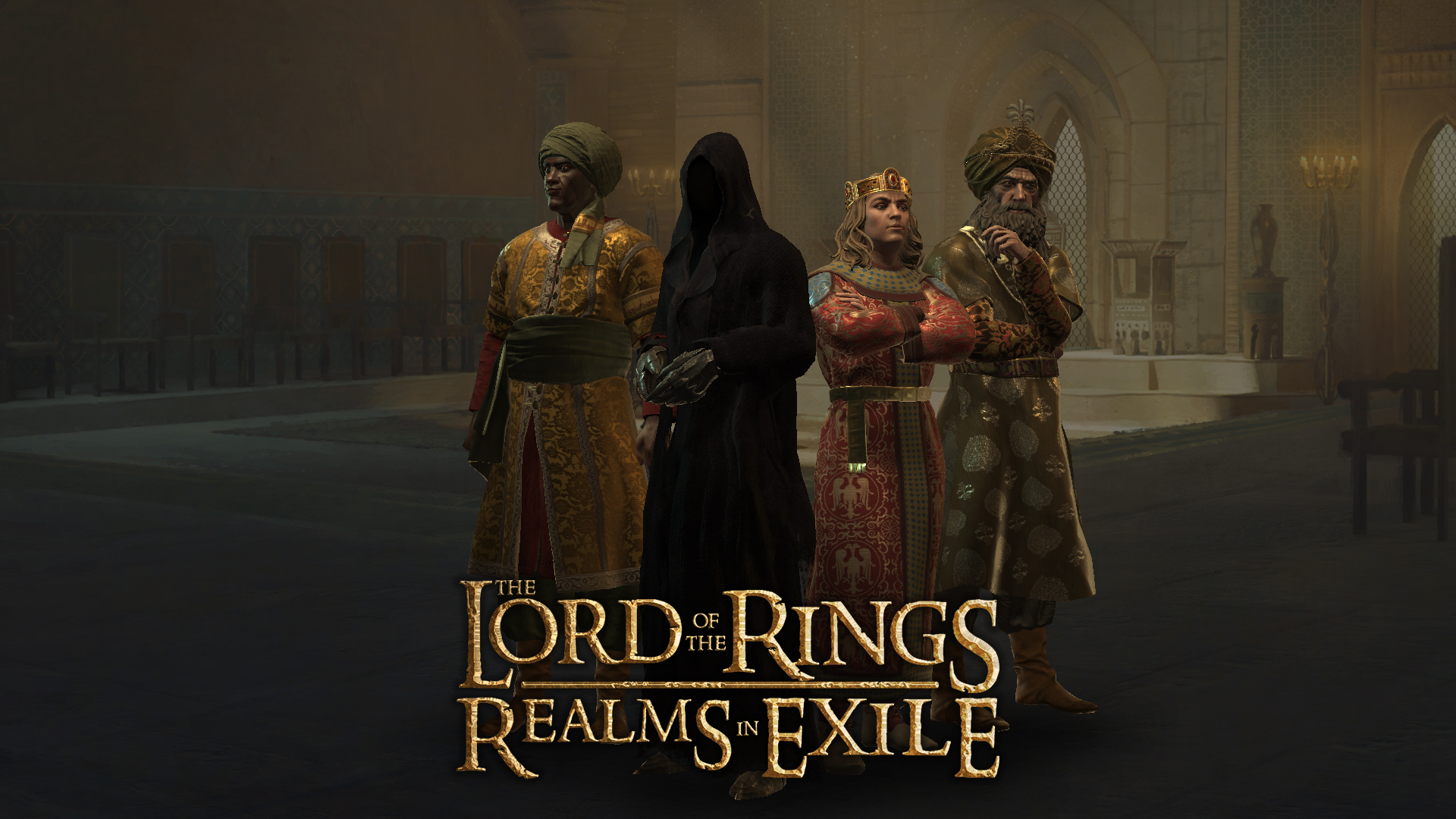

Royal Court lets you reform, diverge and hybridise cultures. No less impactful are the changes, or rather the expansion of the cultural systems within Crusader Kings 3, adding the same kind of flexibility that the main game’s release did for religion. As with the Council, if you replace someone, they’ll have their nose put out of joint and you’ll lose some Prestige for your troubles. Add a little spite into the mix when choosing your Jester. You probably want to put someone you implicitly trust in the role of Bodyguard and Food Taster, for example. You can’t just throw them around without consideration, as you obviously want to have someone qualified for a role to fill it, and there’s a small monthly salary attached. Some of these are quite generalised, such as the Court Physician, which is now more prominently represented, Antiquarian to care for your collected artefacts and a Court Tutor to aid your offspring in their education, but there’s also more unusual things like the Keeper of an Swans for an English monarch. This goes far beyond the six positions on your Council, and allows for some other positions of prestige to be shared around.
#Ck3 royal court free
Whether or not you have the 3D representation of a court, everyone (and I mean everyone, because this is part of the free update) will have a litany of court positions that they can fill. If you want to experience it (and you probably will considering the DLC’s $30 price tag) you can always simply hop into the body of an eligible ruler and kingdom right from the off. It keeps the royal court feeling like a special mechanic that you earn, but it does mean that there are some large regions where this mechanic simply doesn’t apply. That’s all well and good to say, but actually doing that is likely to be the task of multiple generations as you expand, conquer and manoeuvre your way to the specific titles that you can pass down from player character to heir. Fancy yourself to be important enough as a petty king in Ireland? Well, the game says otherwise and demands that you become the ruler of a defined kingdom first. Royal courts are the preserve of feudal and clan governments and then only for the overarching ruler of a kingdom – though you can petition your liege in their court for certain things. It’s great fodder for the player-led storytelling of the game and it adds a more visual aspect to the game’s storytelling, but those who actually get to have a court is fairly restricted. Do you think you can take them in one on one combat, have him executed or simply get him thrown out? The choice is yours. Peasants will implore you to overrule their lord, neighbouring towns will bicker over land rights, men driven mad by your warlike tendencies will come to challenge you personally. These can crop up naturally, as guests to your court seek money to feed creative endeavours, which can in turn increase the stature of your court, and your courtiers have smaller encounters, like your granddaughter painting on the floor or one of your knights being outed for stealing marzipan from the kitchen! Every five years, you can hold court, flinging open the doors to all and sundry to air the petty internal arguments of your realm. The court feeds the constant need of Crusader Kings 3 to present you with new narrative moments, both serious and absurd. With care from an Antiquarian, these things can be passed down to your heir, their historical ownership tracked like a kind of physical real world NFT. This goes hand in hand with the personal inventory of your character, able to equip crowns, weapons, armour and all manner of trinkets.

It could be that you grabbed an artefact while crusading (there’s some unique historical artefacts to be found), bought it at the market, or you sponsored someone who was inspired to create it. You can also boost it by displaying various artefacts and banners in your throne room just to show off.


 0 kommentar(er)
0 kommentar(er)
